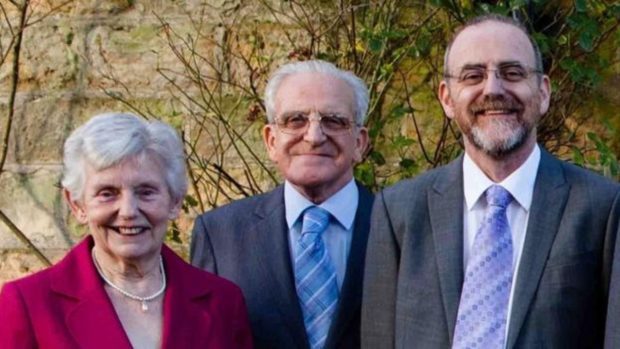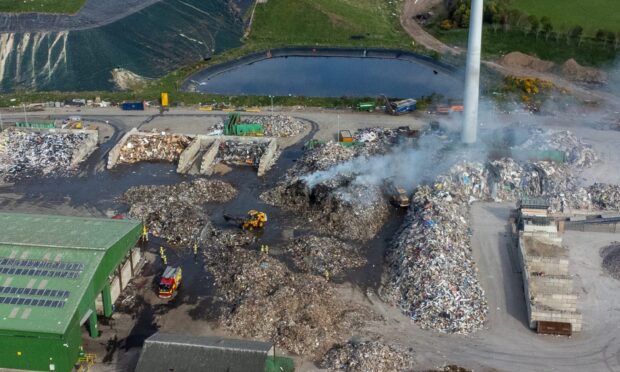A grieving son has accused health chiefs of throwing elderly people “out of the lifeboat” amid shock claims patients who had tested positive for Covid-19 were knowingly transferred to care homes.
Alan Wightman, whose 88-year-old mother Helen died of the virus in May, said it was unforgivable that people who had tested positive were placed among vulnerable residents.
NHS Fife said fewer than five hospital patients confirmed as having coronavirus were transferred to homes in the region but not until at least 14 days after the positive test.
It has not revealed which premises were involved but said they were admitted safely.
So far, five health boards have confirmed 37 positive patients were moved to care homes, including six by NHS Tayside.
Politicians have called for full disclosure, with Labour MSP Alex Rowley branding the move criminal and independent councillor Linda Holt accusing the Scottish Government of turning care homes into “death factories”.
Mrs Wightman was a resident of Scoonie House in Leven, described by Alan as well run, with staff doing everything they could under difficult circumstances.
“The blame lies far, far higher up the chain,” he said.
“It is disappointing this was allowed to happen and it should never have happened.
“Who decided it was a good idea to discharge a crowd of people who were either positive or exposed to the virus into a setting where there were already a lot of vulnerable people ?
“The answer is nobody did. Nobody at government or health board level thought we should act smarter in the middle of a global pandemic and some 2,000 of our elderly people have paid the price.”
He added: “They threw our old people out of the lifeboat.
“They were in a protected area yet we threw them overboard to make way for others.
“I find it completely unforgivable.”
Alan, from Forfar, is a member of the Covid-19 Bereaved Families for Justice Group which has called for a public inquiry into the situation in care homes, where almost half of all Scotland’s coronavirus deaths occurred.
“Right now is the time to have one, not two years down the line when everyone has forgotten the details,” he said.
Mr Rowley, MSP for Mid Scotland and Fife, has written to NHS Fife chief executive Carol Potter.
In his letter he says: “It is my view this is criminal and is why I am asking you to provide every bit of information you have on how many people were transferred from hospital into care homes.”
He said the information must be provided “in the interests of common decency”, including whether care homes knew those being transferred had tested positive and if risk assessments were carried out.
NHS Fife deputy chief executive Helen Buchanan said: “In line with national guidance a small number of patients, less than five, were discharged to care homes in Fife who had previously tested positive for covid-19.
“Importantly, no patients were discharged until at least 14 days after a positive test, when the clinical advice and national guidance was that patients could be safely admitted to care homes without causing unnecessary risk to the health of other residents or care home staff.”
Independent Fife councillor Linda Holt said she was shocked the premises involved were not being revealed and added: “People need to be told because it feels like care homes were almost deliberately set up as death factories.
“It’s a terrible thing to say but somebody has to be culpable for this.”
The Scottish Government said its priority had been to save lives and decisions on individual patients were taken by clinicians.
“If somebody is discharged to a care home, it is because that has been assessed as the best place to meet their needs,” said a spokesperson.
“No evidence has been given to the Government that would substantiate the accusation that any clinicians withheld test results and it is not acceptable if full information was not passed on.
“Guidance has been clear that any individual being placed in a care home must be subject to an appropriate risk assessment and be isolated for 14 days.
“This is to make explicit that steps should be taken to ensure patients are screened clinically so people at risk were not transferred inappropriately.
“As we learned more about the impact of the virus, we ensured all guidance and decisions followed that changing landscape.”










